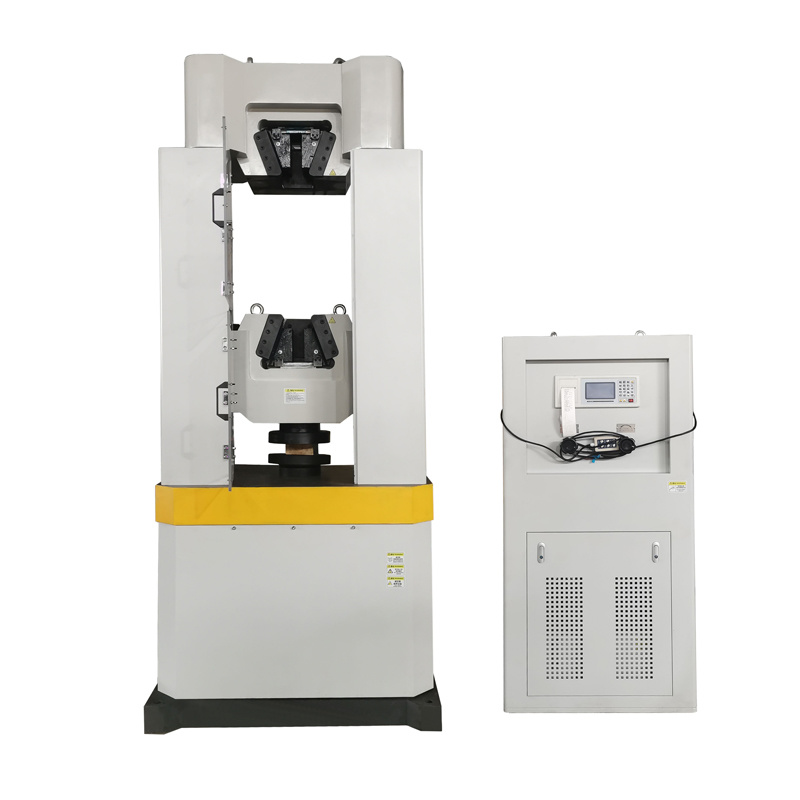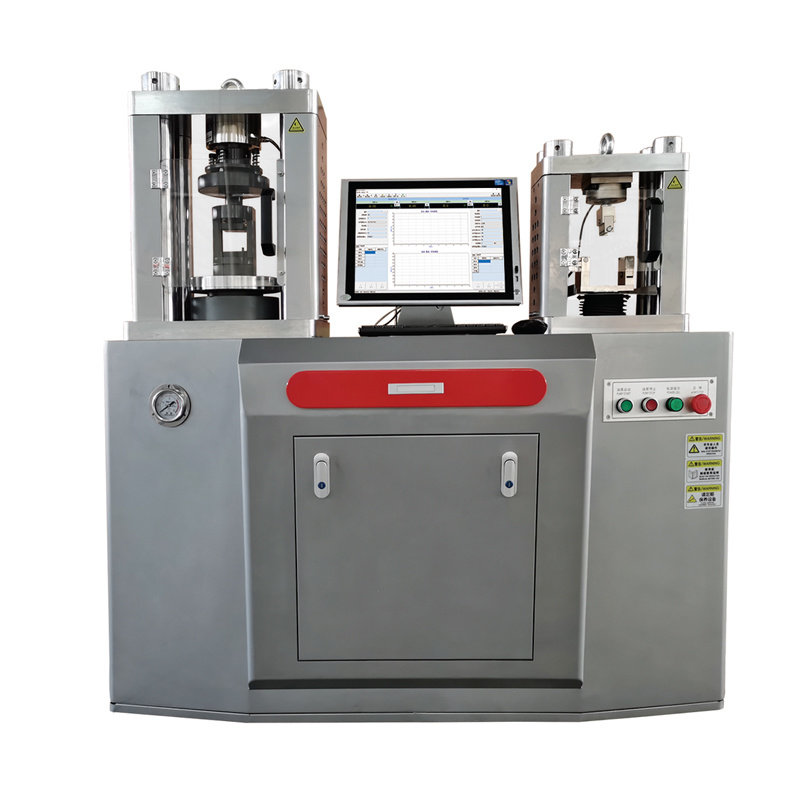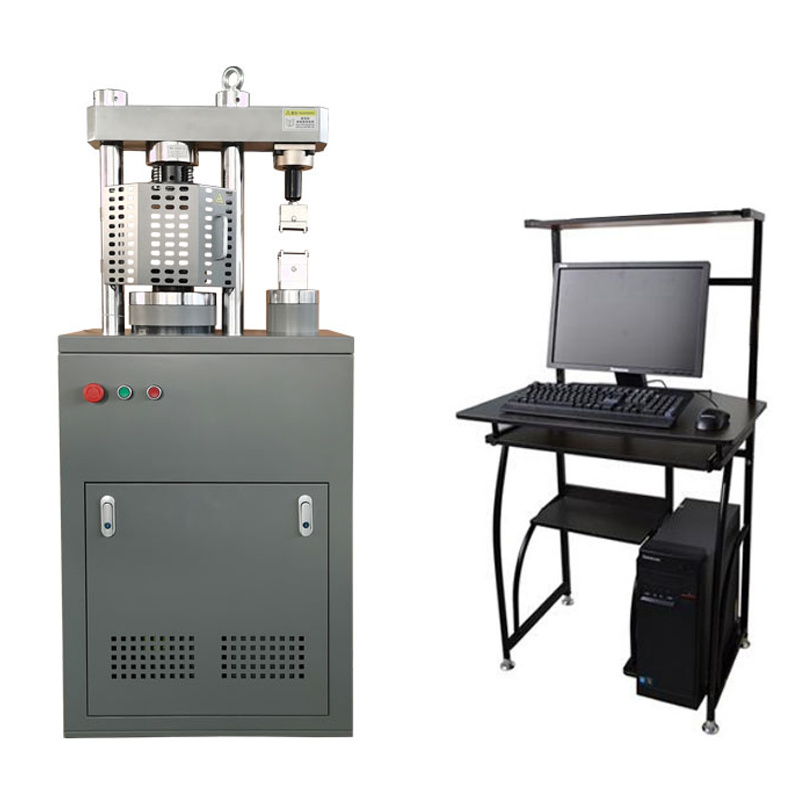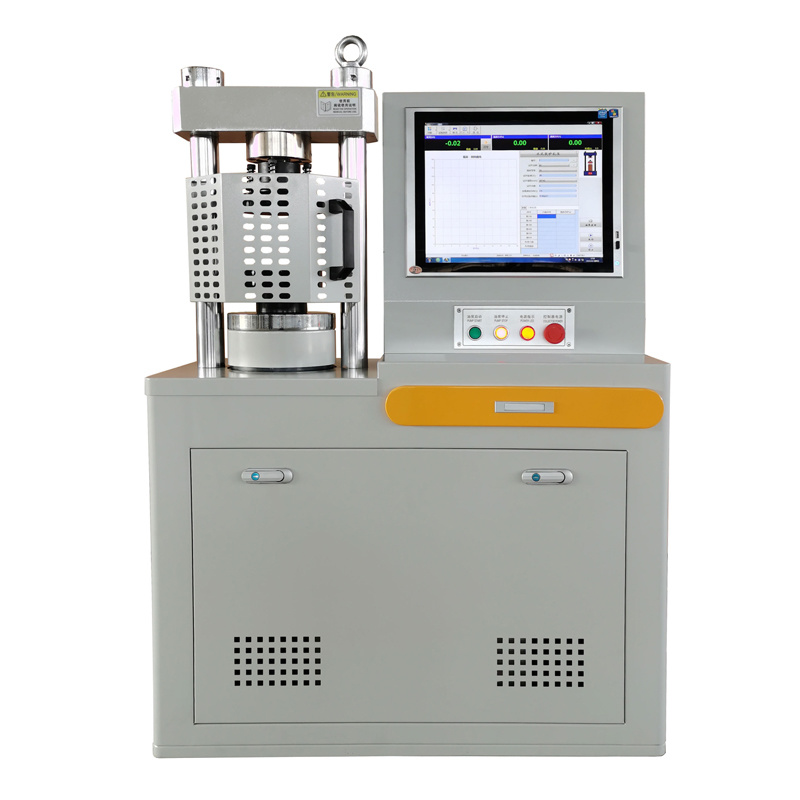
- Product Describe
-
Purpose and Features
This equipment is suitable for low-temperature quick-freezing tests of various products, such as chemicals, physics, pharmaceuticals, instruments, electrical appliances, marine biology, etc. It is used for low-temperature storage of vaccines and serums, microbiological research and cultivation, drug testing and storage, low-temperature testing of building materials, etc. The instrument consists of a branded compressor, condenser, filter, capillary tube, evaporator constant temperature bath, digital display instrument, and digital temperature control system. The machine cools quickly, operates quietly, and is reliable and convenient to use.
Technical Parameter Table
Instrument Volume 80L Lowest Temperature -40 ℃ Temperature Control Accuracy (Uniformity) ± 2 ℃ Power Supply AC220V, 50Hz Ambient Temperature 0-23 ℃ Relative Humidity Not exceeding 75% Structural Features
This instrument uses a side-opening door and thickened insulation layer for good low-temperature retention and convenient experiments. The constant temperature bath is made of corrosion-resistant alloy plates, with high-quality steel plates on the outside and polyurethane insulation material in the middle.
Precautions
1. The instrument must not be stored or used in environments with moisture or corrosive gases.
For the first use (or after long periods of non-use), the machine must operate for 2 hours before testing to avoid inaccurate initial readings.
2. In case of power outage or disconnection for any reason, immediately turn off the power switch. If restarting is needed, wait at least 30 minutes before turning on the machine again to avoid compressor damage from rapid startup.3. This instrument is suitable for laboratory testing.
4. It is strictly forbidden to run the machine for long periods when not in use.
5. When transporting, the tilt angle must not exceed 45° to avoid compressor or system damage. During use, remove all packaging. Leave more than 50cm behind the freezer and more than 15cm on both sides from the wall. The freezer should be placed in a ventilated and dry place, avoid working under sunlight, and keep away from pools, heat sources, magnetic fields, and various volatile or corrosive substances.
6. A dedicated socket must be used. The current capacity of the socket and wires should be no less than 10A, and the socket must be reliably grounded.7. The power supply is single-phase AC 50Hz, voltage 220-242V. If voltage is unstable, install a voltage stabilizer with input power at least 5 times the machine's power. Use a stabilizer set to 220V 50Hz 15A. The instrument must be grounded.
Freezing Instructions
1. When placing samples, leave some space between samples and between samples and the freezer inner wall to ensure air circulation and uniform cooling.
2. For samples with high humidity or prone to moisture loss, wrap them tightly in sealed food bags or cling film to prevent moisture from escaping and causing frost inside the chamber, which affects cooling.
3. It is strictly forbidden to store volatile or flammable gases and liquids in the freezer, such as strong alkalis, strong acids, gasoline, alcohol, etc.
4. Do not overload the freezer with samples at one time, as this will cause the compressor to run continuously and the temperature inside to drop slowly, failing to meet requirements.
5. After finishing work, cut off the power, remove frozen samples, open the freezer door to allow natural warming, let frost melt, drain water, and wipe dry with a soft cloth.
Usage Instructions
1. When placing samples, leave some space between samples and between samples and the freezer inner wall to ensure air circulation and uniform cooling.
2. For samples with high humidity or prone to moisture loss, wrap them tightly in sealed food bags or cling film to prevent moisture from escaping and causing frost inside the chamber, which affects cooling.
3. It is strictly forbidden to store volatile or flammable gases and liquids in the freezer, such as strong alkalis, strong acids, gasoline, alcohol, etc.
4. Do not overload the freezer with samples at one time, as this will cause the compressor to run continuously and the temperature inside to drop slowly, failing to meet requirements.
5. After finishing work, cut off the power, remove frozen samples, open the freezer door to allow natural warming, let frost melt, drain water, and wipe dry with a soft cloth.
Maintenance and Care
1. When placing samples, leave some space between samples and between samples and the freezer inner wall to ensure air circulation and uniform cooling.
2. For samples with high humidity or prone to moisture loss, wrap them tightly in sealed food bags or cling film to prevent moisture from escaping and causing frost inside the chamber, which affects cooling.
3. It is strictly forbidden to store volatile or flammable gases and liquids in the freezer, such as strong alkalis, strong acids, gasoline, alcohol, etc.
4. Do not overload the freezer with samples at one time, as this will cause the compressor to run continuously and the temperature inside to drop slowly, failing to meet requirements.
5. After finishing work, cut off the power, remove frozen samples, open the freezer door to allow natural warming, let frost melt, drain water, and wipe dry with a soft cloth.
The following phenomena are not faults, please do not worry:
1. When the quick-freezer is working or shortly after stopping, the refrigerant circulates inside the pipes, producing a gurgling water sound.
2. The compressor surface temperature may reach 70℃~80℃ during operation.
3. When the compressor starts or stops, the switch components may produce slight clicking sounds.
4. During rainy and humid seasons, frost may form on the outer surface of the cabinet; wipe it off with a dry cloth.
5. The inner side of the quick-freezer lining is a stress relief area under ultra-low temperatures. Slight cracks may appear under alternating high and low temperatures, which is normal and does not affect use.
Repair Instructions
1. If abnormal phenomena or faults occur during use, please have a professional technician repair it (or under manufacturer guidance).
2. Our factory provides free spare parts for domestic compressors (custom machines) within one year from shipment, and free one-year warranty for imported compressors (standard machines).
3. Warranty period: one year from delivery acceptance, excluding fragile glass parts (no returns or exchanges for custom machines). During warranty, logistics costs are paid by the sender (who ships pays). Spare parts are provided free by the factory, with technical support. If compressor replacement is needed, a service fee of 150 yuan is charged, and refrigerant is provided free by the factory. For glass-covered low-temperature boxes, add a quilt on the cover for insulation.
Note:
1. Remove the base after unpacking and keep ventilation.
2. Please keep the wooden crate packaging for maintenance use; otherwise, the user bears the cost.
3. It is strictly forbidden to operate continuously in environments above 35℃.Digital Display Temperature Controller Instructions:
Quickly press the "set" button three times consecutively to enter the setting mode: first, the lower limit setting value is displayed: (negative F). At this time, press the up or down button to select the lower limit value, then press the set button to lock the lower limit value, the upper limit value (positive F) is displayed. At this time, press the up or down button to select the upper limit value, then press the set button to lock the upper limit value and display the delay status Y---Y03 indicates a 3-minute delay before starting (must be set to Y03 to avoid compressor damage). Then press the set button to lock the delay value and display the JCC cooling mode (must be JCC). Then press the set button to lock the cooling mode and display C-6, the temperature calibration range (adjusted at the factory). Press set again to lock. After waiting for sixteen seconds, all set values are stored and the actual internal temperature of the instrument is displayed. (After setting, you must press the set button once more and wait sixteen seconds before turning off the power, otherwise the set values will not be saved).
Setting example.
(1) -25 degrees -------- lower limit negative F25, upper limit positive F22, delay Y03, cooling JCC, calibration C-6. (Special note: the dash between negative F and positive F flashes when below zero; otherwise, it changes to positive L and negative L for zero or above.)
(2) -40 degrees -------- lower limit -40, upper limit -37 cooling, Y03, JCC, C-6.
(3) -50 degrees ----- lower limit -50, upper limit -47, delay Y03, .... Wiring instructions: 1 neutral line, 2 live line. Cooling 1,3 output. 2,4 in series.
Special note about temperature calibration C-6:
If there is a discrepancy between the internal box temperature and the instrument display temperature, quickly press the SET button three times: (1) negative F appears, (2) press SET again to show positive F, (3) press SET again to show Y03, (4) press SET again to show JCC, (5) press SET "set" button to show C-6 for setting the internal sensor calibration (calibration range -6 to +6). After setting, press the "SET" button once more to confirm the set value. Example: if the instrument displays -24 degrees and the internal box temperature is -25 degrees, then change C-6 to C-1.
Company Profile
Hebei Yinfeng Experimental Instrument Co., Ltd. is a high-tech enterprise dedicated to the research and development, production, and sales of experimental instruments. The company is headquartered in Hebei Province, relying on the strong industrial foundation and technological innovation resources in the Beijing Tianjin Hebei region. It is committed to providing high-precision and high reliability testing equipment and solutions for material testing, engineering quality control, scientific research experiments and other fields.
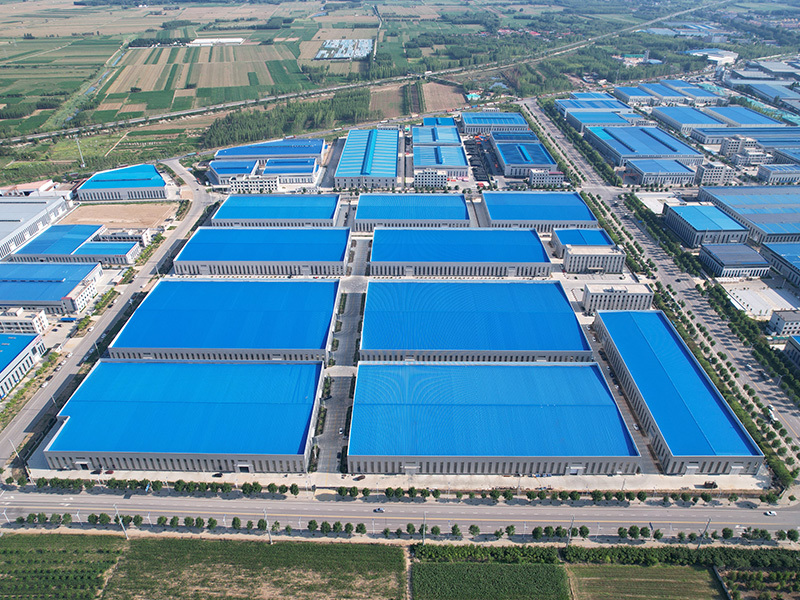
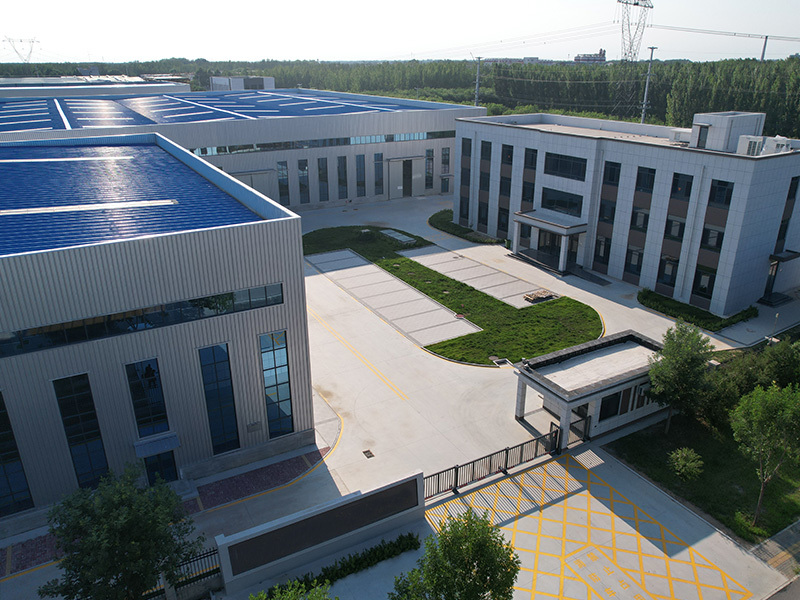

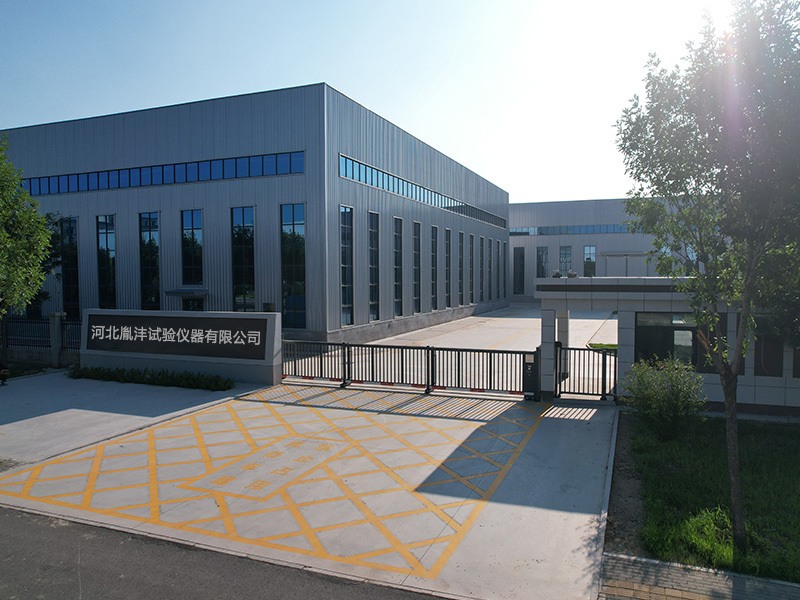
Customized Delivery Process
We provide customers with full-process services ranging from pre-sale consultation, customized solution design, equipment installation and commissioning to after-sale technical support.
Online Communication
Provide Custom Drawings
Merchant Quotation
Sign A Contract
Processing And Production
Packaging And Distribution
Confirm Receipt Of Goods
Successful Transaction
Previous:
Next:

DW Low Temperature Test Chamber
If you need customized products, Contact US !
Request a Quote
We will contact you within one working day. Please pay attention to your email.
Related Products








